- 翰林提供学术活动、国际课程、科研项目一站式留学背景提升服务!
- 400 888 0080
IB DP Maths: AI SL复习笔记1.1.2 Exponents & Logarithms
Laws of Indices
What are the laws of indices?
- Laws of indices (or index laws) allow you to simplify and manipulate expressions involving exponents
- An exponent is a power that a number (called the base) is raised to
- Laws of indices can be used when the numbers are written with the same base
- The index laws you need to know are:
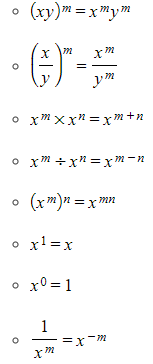 These laws are not in the formula booklet so you must remember them
These laws are not in the formula booklet so you must remember them
How are laws of indices used?
- You will need to be able to carry out multiple calculations with the laws of indices
- Take your time and apply each law individually
- Work with numbers first and then with algebra
- Index laws only work with terms that have the same base, make sure you change the base of the term before using any of the index laws
- Changing the base means rewriting the number as an exponent with the base you need
 Exam Tip
Exam Tip
- Changing the base means rewriting the number as an exponent with the base you need
- Index laws are rarely a question on their own in the exam but are often needed to help you solve other problems, especially when working with logarithms or polynomials
- Look out for times when the laws of indices can be applied to help you solve a problem algebraically
Worked Example

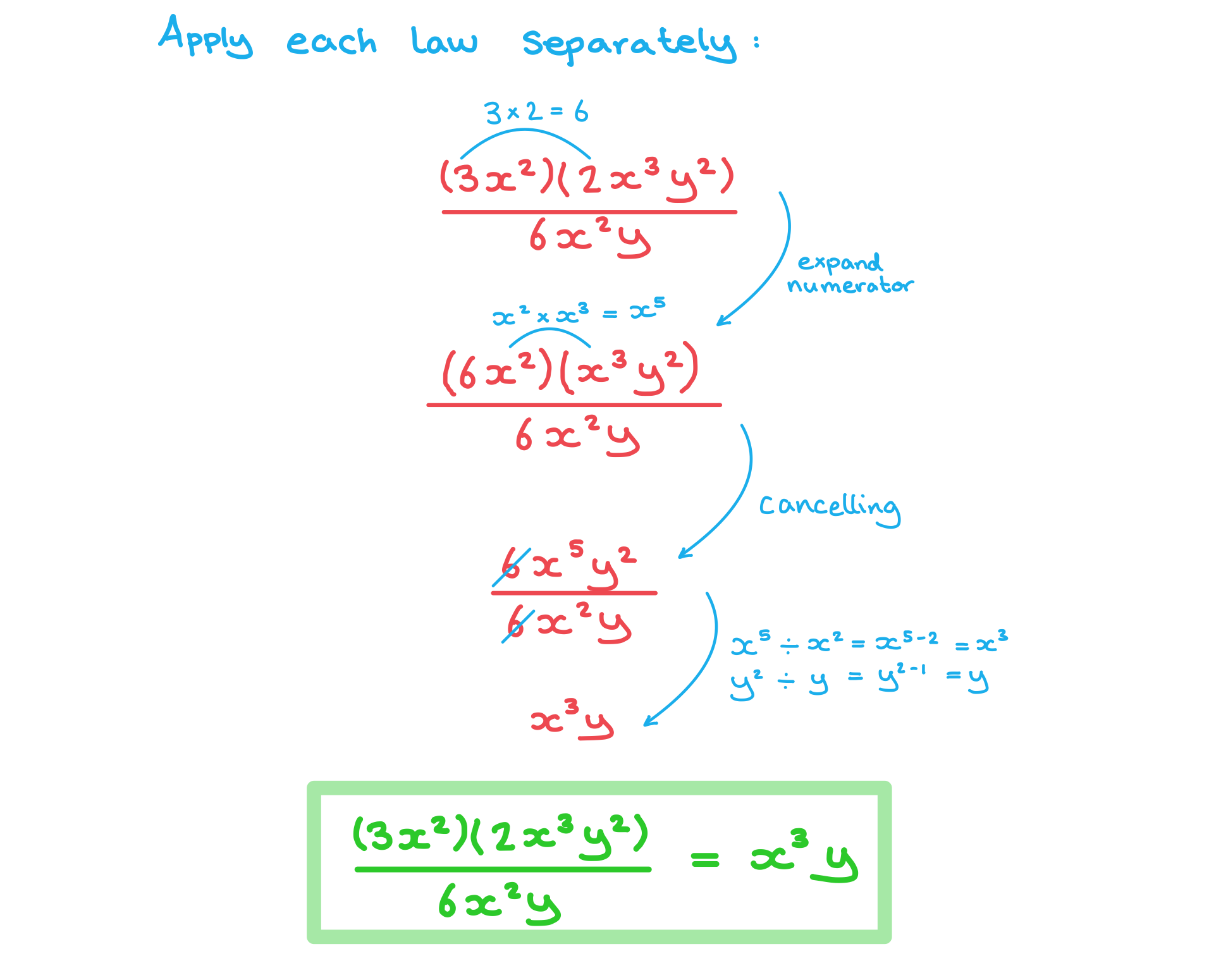
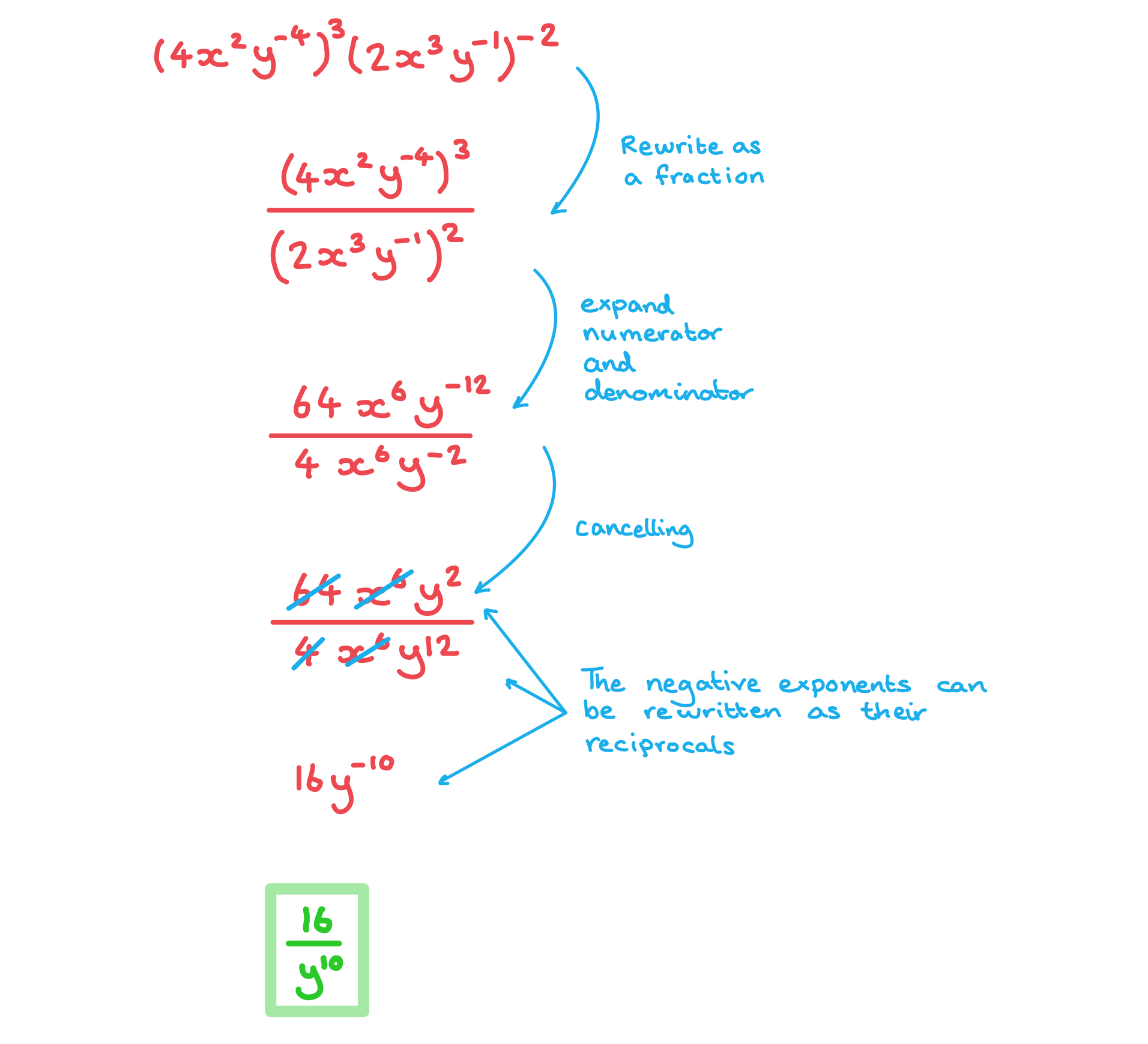
Introduction to Logarithms
What are logarithms?
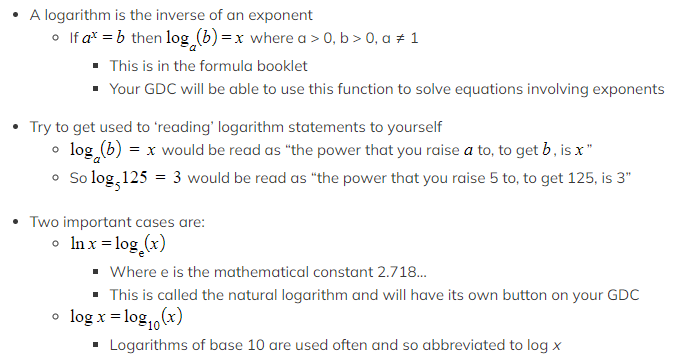 Why use logarithms?
Why use logarithms?
- Logarithms allow us to solve equations where the exponent is the unknown value
- We can solve some of these by inspection
- For example, for the equation 2x= 8 we know that x must be 3
- Logarithms allow use to solve more complicated problems
- For example, the equation 2x = 10 does not have a clear answer
- We can solve some of these by inspection
 Exam Tip
Exam Tip
- Before going into the exam, make sure you are completely familiar with your GDC and know how to use its logarithm functions
Worked Example

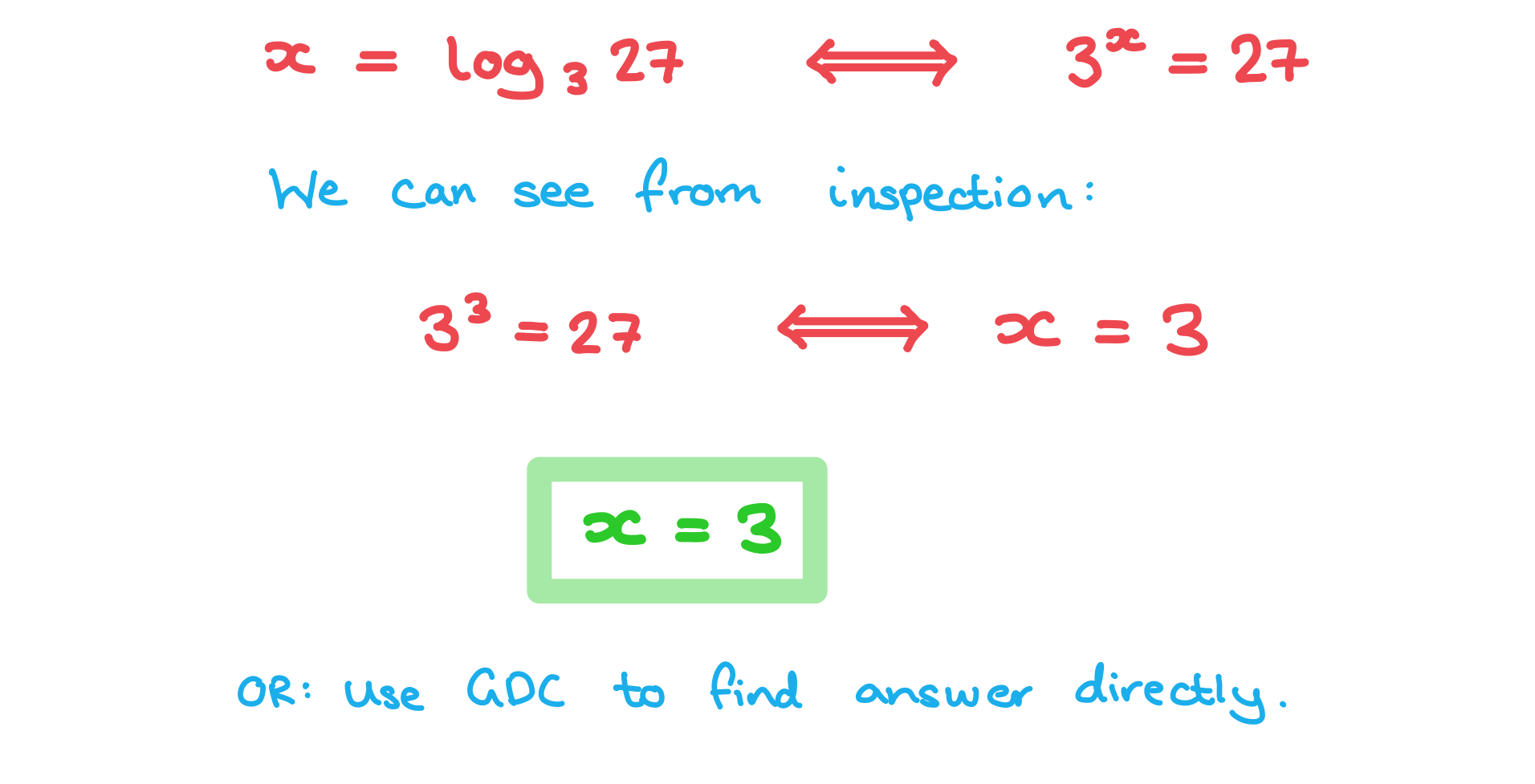
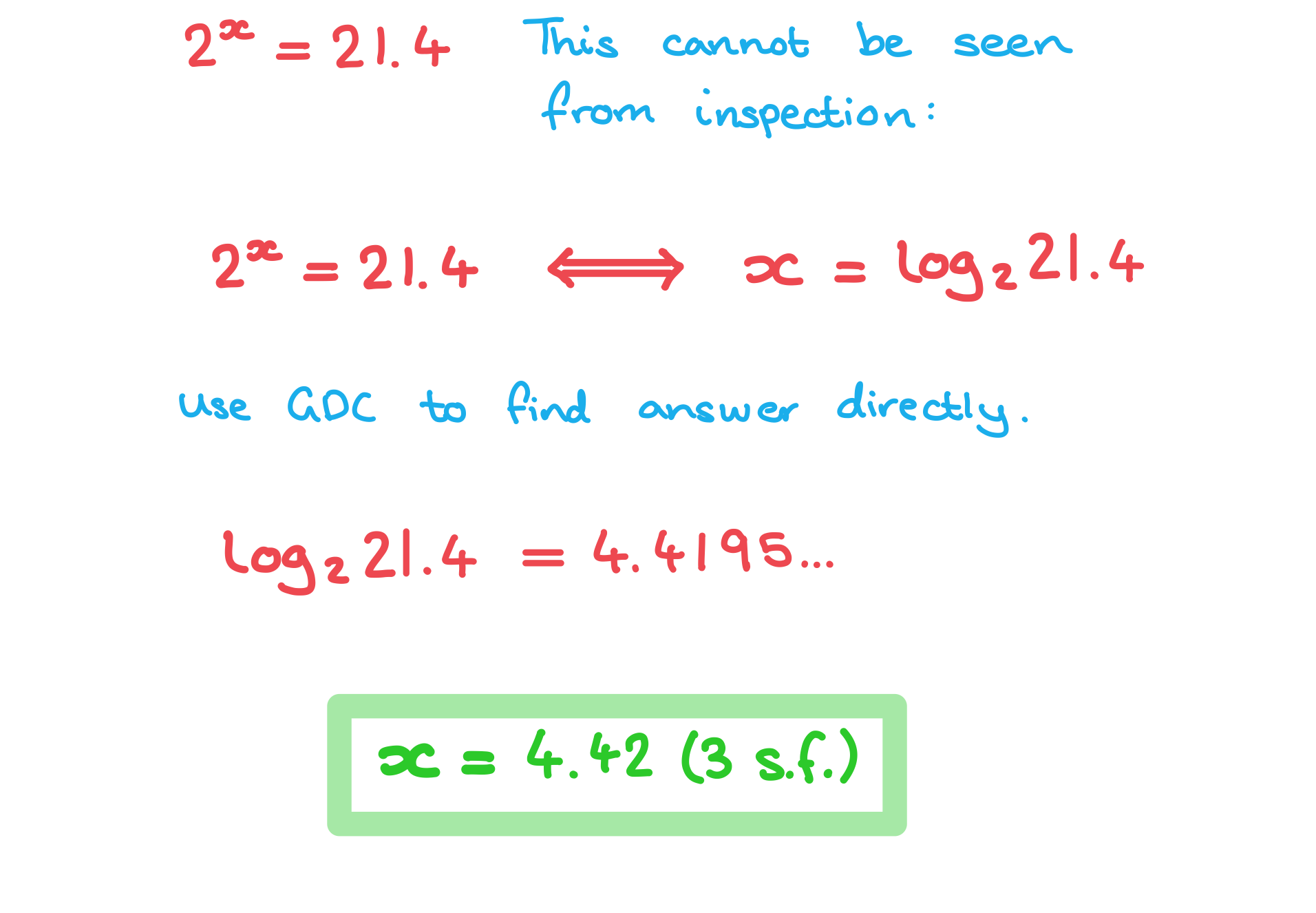
转载自savemyexams

最新发布
© 2025. All Rights Reserved. 沪ICP备2023009024号-1









